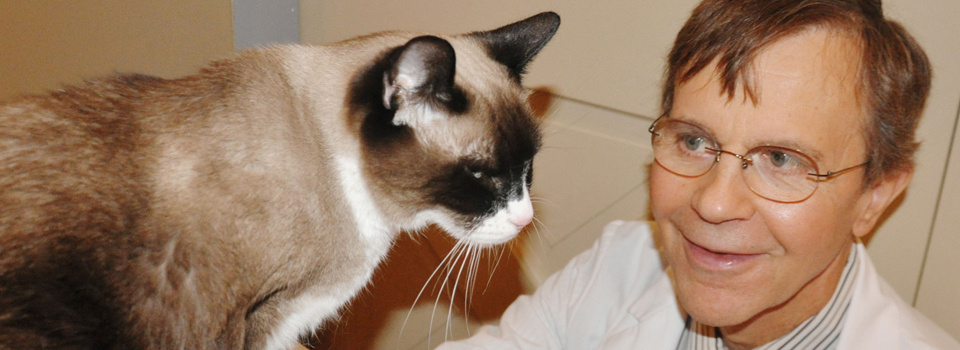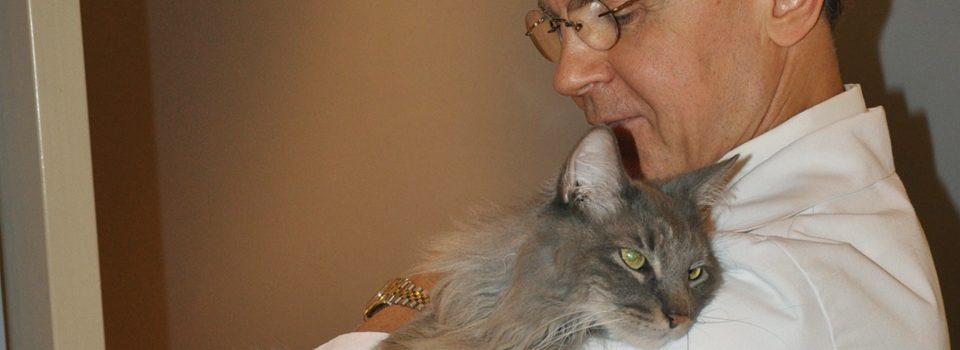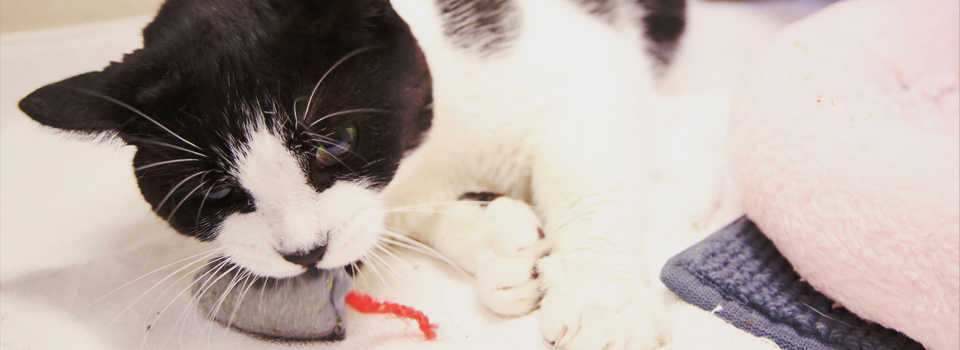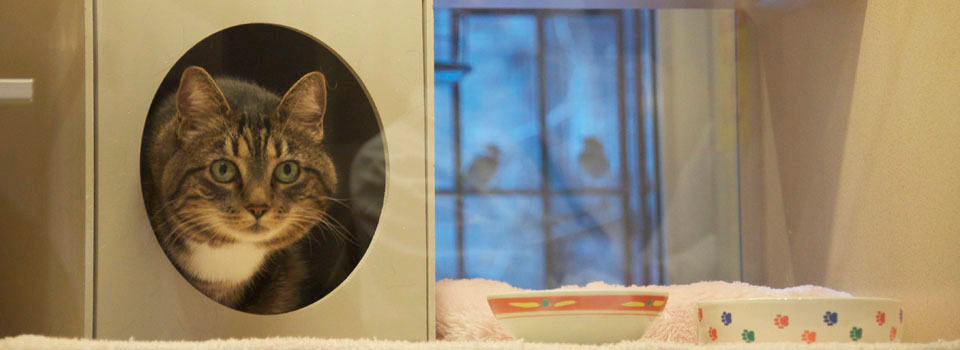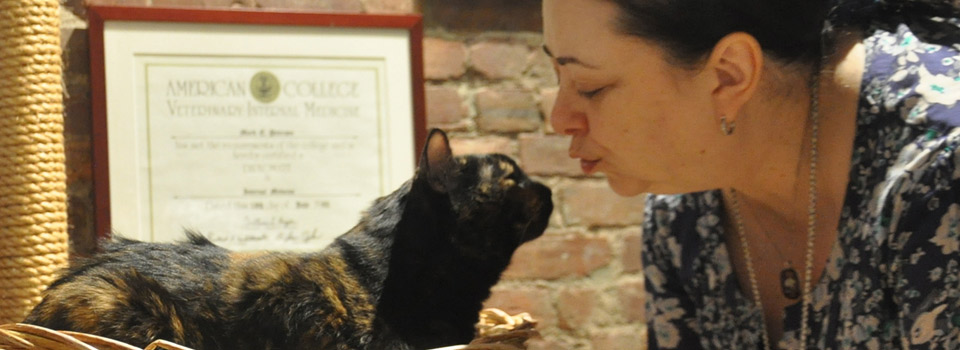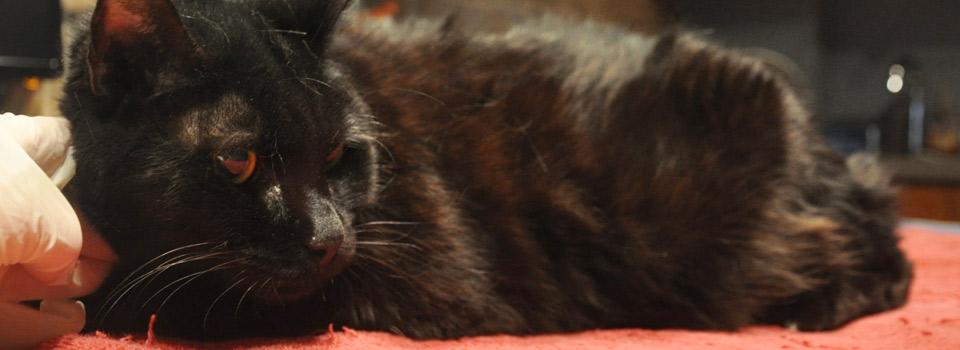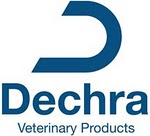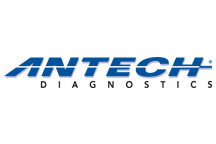Animal Endocrinology
Perils and Pitfalls in the Diagnosis and Treatment of Canine and Feline Endocrine Disease
Sunday, March 18, 2012 from 10:00am – 2:00pm
9:00 – 10:00 AM: Registration and Breakfast
10:00 AM: Update in the Management of Hypercalcemia in Dogs and Cats
This lecture will highlight some of the difficulties associated with the diagnosis and management of hypercalcemia in dogs and cats. Case examples will illustrate the diagnostic approach to hypercalcemia, as well as medical management of canine primary hyperparathyroidism and idiopathic hypercalcemia in cats.
11:00 AM: Update on Hypo- and Hyperthyroidism in Dogs and Cats
This lecture will focus on a “what’s new” in the approach for workup and management of hypo-and hyperthyroidism in dogs and cats. Use of thyroid panels, including free T4 and TSH determinations, to aid in the diagnosis of canine and feline thyroid disease will be reviewed. Diagnosis, staging, and treatment of functional and nonfunctional thyroid tumors will also be discussed, and newer therapies, including dietary management with Hill’s low iodine diet, will be covered.
Noon: Coffee Break and Questions
12:15 PM: Management of the Difficult Diabetic
This lecture will highlight some of the difficulties associated with treatment of this common — but frequently problematic —endocrine disorder. An overview of the diagnostic approach to insulin resistance and other causes of “problem” diabetes will be covered. Use of newer insulin analogues and insulin mixtures regimes that can be used in management of these problem cases will be discussed.
1:00 PM: Treatment of Cushing’s Syndrome: Vetoryl or Lysodren?
This lecture will highlight some of the difficulties associated with the management of Cushing’s syndrome in dogs. Topics that will be addressed include which treatment is best for the particular patient; the best protocol for effective Vetoryl (trilostane) or Lysodren (mitotane) regulation; recognition and treatment of acute and slow-onset adrenal necrosis associated with Vetoryl or Lysodren therapy; and comparison of the effectiveness and long-term survival with the two drug regimes.
2:00 PM: Questions, Discussions, and Wrap-Up


